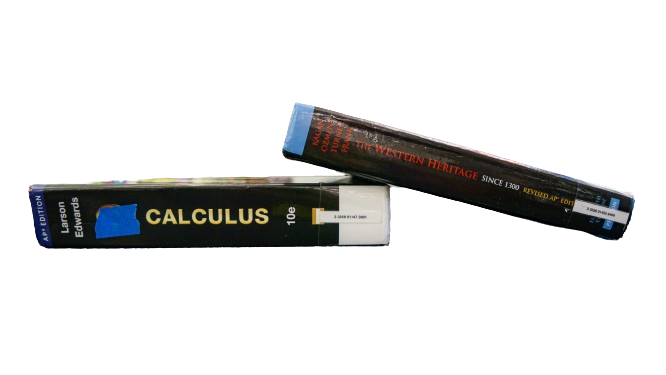As the worries of AP exams came to an end, some AP teachers grappled with the issue of what to do with the remaining two weeks until the end of the school year, debating on whether to hold traditional finals for students, or keep classes more laid back.
Prior to the AP exams, teachers prepared their students for the test by providing resources to help students excel to the best of their abilities. Freshman Vikram Atmuri takes AP Calculus AB, where he reviews past exam materials and scoring guidelines to help him prepare.
“Ms. Kong has been very proactive in helping her students study for the AP exam. She has given us a lot of study material, guidance and has offered a lot of her personal time to help students prepare for the exam,” Atmuri said.
Similar to Atmuri, sophomore Shaurya Sharma had used multiple resources to help him prepare. AP exams are under time constraints, so while studying, Sharma focused on preparing himself for the timed environment.
“For AP Euro, you have the SAQ, LEQ, DBQ, and those are timed. Doing practice, reading assignments under the time constraints… (is) similar to how I would do (it) on a test,” Sharma said.
Students have certain motives for taking AP classes, either for college credit, or because they have a general interest in or passion for the subject. Sharma explained why he took his AP classes.
“I’d say for CSP, I definitely took it because I want to get into computer science. For Euro, I did it because all my friends were doing it,” Sharma said. “The GPA was something I was looking forward to, especially when applying to college (because) my sophomore year just shows that I’m capable of subjects.”
Knowing students’ motives for taking an AP class can be important before establishing a final. Teachers teach their classes either to solely prepare for the AP exam, or to teach the subject because of one’s passion and interest at an accelerated pace. Social science teacher Karen Henry described how her AP Government class is built for her students to use real-world examples in order to help them prepare for the exam.
“Ultimately, everything is in preparation for the exam, but the way I try to teach it, we try to keep it very current with what’s happening in the news,” Henry said. “They’ll kind of think in terms of scenarios and in terms of what they know, not just what did the textbook say, but, ‘What do I understand, what do I know, and how it should work.’”
In addition, Henry had established a flexible plan for many students who have multiple AP exams throughout the two weeks. Every year, she assigns a project for her students to complete that relates to the class.
“They (the students) teach a project called ‘You Teach It.’ They select a topic, they’ve got criteria that they need to cover, and they put together a presentation. Most of them will choose to work with a partner,” Henry said. “(If) they’re both not taking tests and on the days that they’re here, they work together and have something that they can do during those test times.”
Similar to Henry’s curriculum, Sharma had to complete projects for his final in AP European History and AP Computer Science Principles. He, however, does not agree with having to work after the AP exam.
“It’s sort of unfortunate that kids who have classes outside of APs have to worry about the AP work, even though they’ve done everything they needed to do,” Sharma said.
For classes like AP Calculus AB, Atmuri had a final before the AP exam to summarize the content, and once it is over, there is no work or curriculum unless students have to redo quizzes or tests. Like other AP teachers, Henry will give out a final after the AP exam, which covers the last units of the course.
“The content through the year, but most heavily focusing on the last two units because getting them ready for the test, we didn’t take a bunch of quizzes on those things, so those things will be covered on the final,” Henry said.
Additionally, Henry asked her students to give feedback on her teaching styles for upcoming years, which allows her to change her curriculum or teaching strategies as needed to help students prepare for the AP exam.
“I usually do a survey at the end of the year where I ask them what worked, what didn’t work, what they wish they had more of. Then I use that to make my adjustments,” Henry said.
Atmuri does not believe in AP classes giving out work after the exam because it defeats the purpose of the class. He considers AP classes to be a way to prepare for the AP exam, so having to do work or learn new topics after the exam feels unnecessary.
“In my opinion, the class curriculum should have been finished before the AP exam, so there shouldn’t be a necessity to teach after the AP exam,” Atmuri said.
Despite the debates on the timeline of work for AP classes, the majority agree they are a great way to build skills that can help students in college and other challenging high school courses. AP teachers like Henry try their best to make sure their AP classes help students learn strategies that will help them become successful in the future.
“If I had advice for students, it would be to make a study schedule and start early to prepare, not just for my class, but for all of their classes,” Henry said. “They can weave in their time and prioritize their first exam versus their third exam.”


